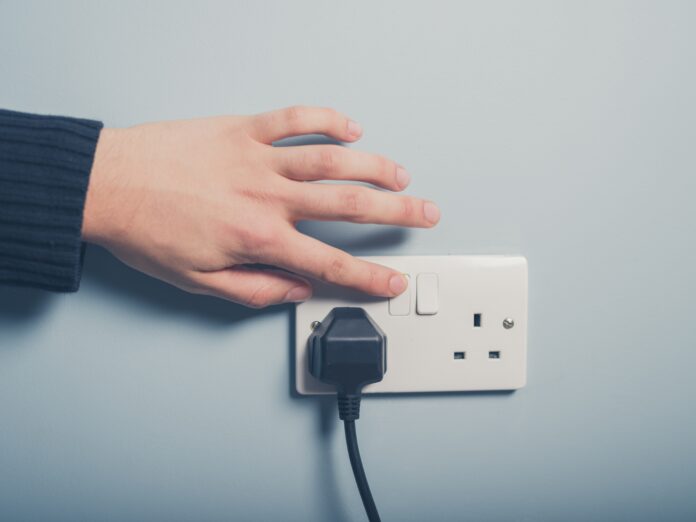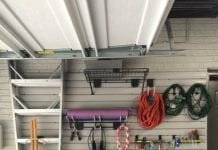Understanding electrical integrity is vital in managing electrical systems. Proper insulation is critical for ensuring safety and preventing faults that could lead to costly downtime or hazardous situations. This guide provides essential insights into electrical integrity, its importance, and practical methods to enhance your knowledge.
What is Electrical Integrity?
Electrical integrity refers to the ability of insulating materials to resist electrical flow, acting as a barrier to prevent current from leaking through unintended paths. High electrical integrity indicates that systems operate safely and efficiently.
It is measured in ohms, typically ranging from megohms (1,000,000 ohms) to several gigaohms (1,000,000,000 ohms) for most installations. Monitoring this parameter is crucial for identifying deterioration caused by moisture, physical damage, chemical exposure, or aging materials.
Measuring and interpreting electrical integrity helps professionals make informed decisions about maintenance and safety protocols.
Importance of Regular Testing
Regular assessments of electrical integrity are critical for effective maintenance, especially in industries where safety is paramount, such as subsea oil and gas, railway systems, and industrial applications. Testing enhances safety and protects against equipment failures that can lead to expensive operational downtime.
Key advantages of regular testing include the early detection of insulation deterioration. Identifying issues before they escalate allows businesses to implement corrective measures, preventing costly disruptions. Timely intervention can save organisations from extensive repairs and lengthy downtimes. A simple guide to insulation resistance can provide a structured approach to scheduling and executing these tests.
Regular testing also ensures compliance with safety standards and regulations. Many industries enforce strict protocols regarding inspections and testing. Adhering to a rigorous testing schedule helps companies meet compliance requirements, reducing liability and enhancing their reputation for safety.
Effective Testing Methods
Various methods are available for performing tests to ensure electrical integrity. Understanding these approaches is essential for achieving accurate results and maintaining high safety standards.
- Megger Testing: A megohmmeter is widely used to measure electrical integrity. It applies a high direct current (DC) voltage to the insulated conductor and measures the resistance. This method is effective for assessing the quality of insulation in various electrical systems. Following manufacturer guidelines during testing ensures accuracy and operator safety.
- Time-Domain Reflectometry (TDR): TDR locates faults in cables and assesses overall integrity by sending a pulse down the cable and measuring the time for the reflection to return. This method is valuable for identifying insulation issues and cable faults, such as breaks or water ingress.
- Routine Spot Checks: Incorporating regular spot checks into maintenance schedules is essential. Routinely measuring electrical integrity in critical areas allows organisations to develop a baseline understanding of their systems and identify deviations over time. Consistency in testing can reveal trends that indicate potential problems.
- Environmental Factors: Environmental factors like temperature and humidity can influence test results. Insulation materials can behave differently under varying conditions, potentially leading to inaccurate readings. Testing is best performed under controlled conditions to ensure reliable results.
Building a Culture of Safety and Knowledge
Creating a culture of safety within an organisation managing electrical systems starts with comprehensive training programmes aimed at enhancing employees’ understanding of electrical integrity. Employees with this knowledge are more likely to comply with safety standards and contribute to a safer work environment.
Regular workshops and training sessions should focus on best practices in testing and maintenance. This includes training on testing techniques, interpreting results, and understanding the implications of poor electrical integrity. Encouraging discussions about safety concerns empowers employees to take an active role in maintaining their workplace.
A culture of continuous learning ensures staff remain informed about the latest technologies and techniques in testing. This knowledge improves safety and compliance and improves electrical systems’ operational performance and longevity.
The Impact of Quality Insulation Materials
The choice of insulation materials affects electrical integrity significantly. High-quality materials can withstand environmental stresses, resist degradation, and maintain insulating properties under various conditions. Professionals must understand different insulation materials’ specifications and performance characteristics when designing or maintaining electrical systems.
Selecting appropriate materials involves considering temperature ratings, chemical resistance, and moisture absorption. This understanding enables informed choices that enhance the reliability and safety of electrical installations.
Keeping abreast of advancements in insulation technology can provide substantial benefits. Innovations may offer better performance characteristics, leading to longer-lasting and safer electrical systems.
Maintenance Practices for Improved Electrical Integrity
In addition to regular testing, adopting best maintenance practices is essential for ensuring long-term electrical integrity. Maintenance should include testing and visual inspections, cleaning components, and providing secure connections.
Creating a detailed maintenance schedule with preventive and corrective actions ensures that potential problems are addressed promptly. Documenting test and inspection results provides a comprehensive overview of system health, helping to spot trends and identify areas requiring attention.
Training personnel to recognise early signs of insulation failure, such as unusual heating or visual deterioration, can significantly contribute to proactive maintenance. Fostering a vigilant workplace mentality leads to safer operations and more efficient handling of electrical systems.
By implementing these practices and focusing on continuous education around electrical integrity, organisations can enhance the reliability and safety of their electrical systems.
Help keep news FREE for our readers
Supporting your local community newspaper/online news outlet is crucial now more than ever. If you believe in independent journalism, then consider making a valuable contribution by making a one-time or monthly donation. We operate in rural areas where providing unbiased news can be challenging. Read More About Supporting The West Wales Chronicle

























